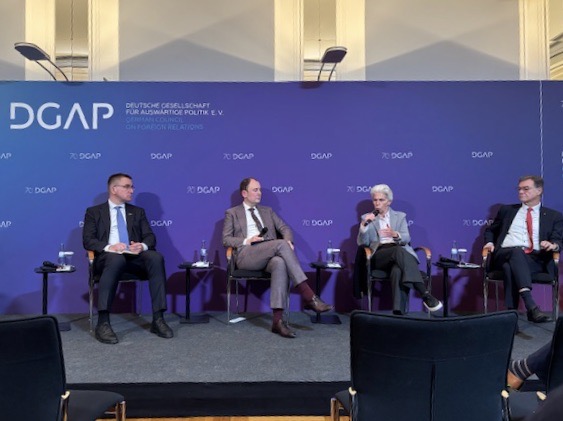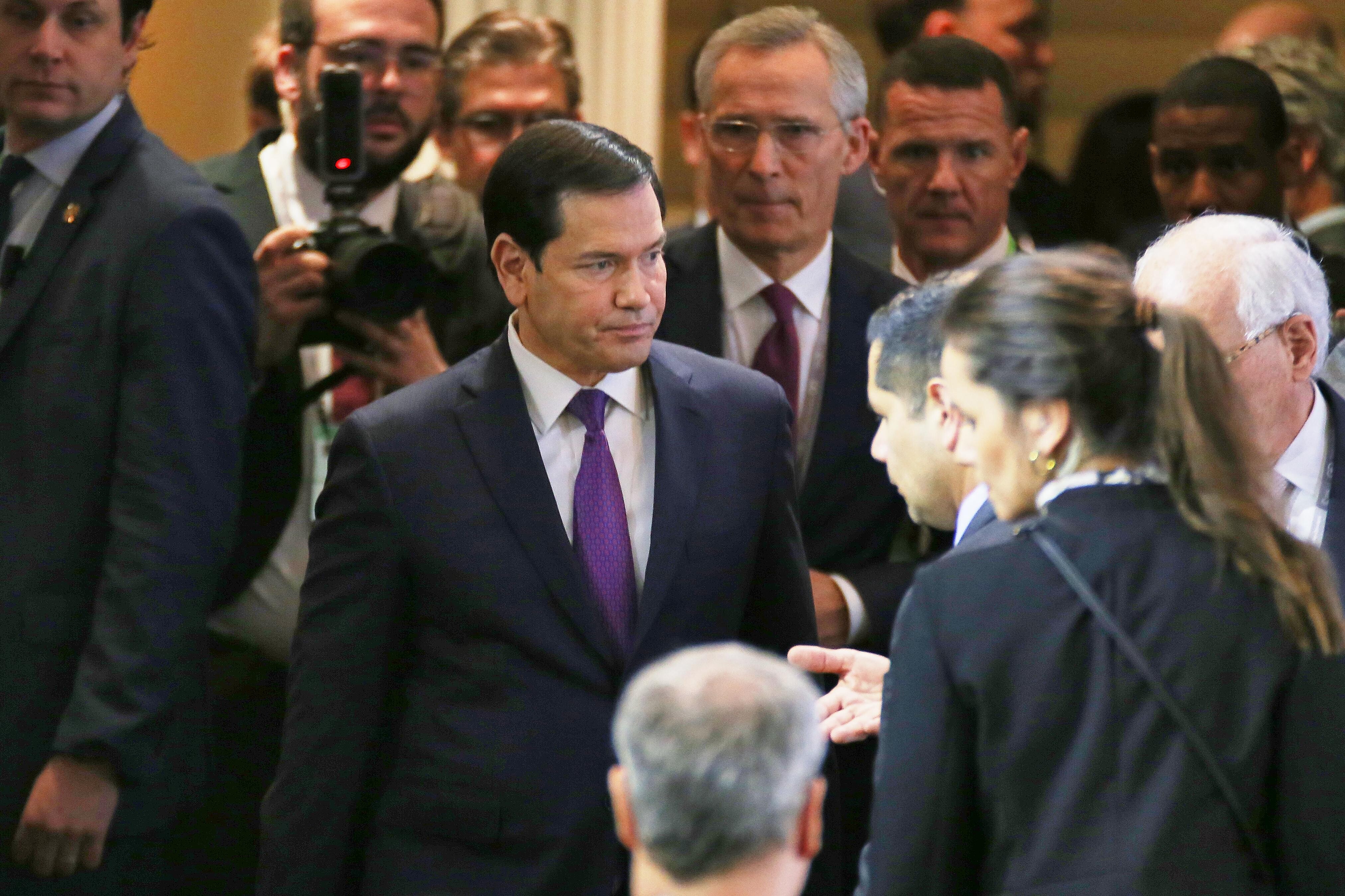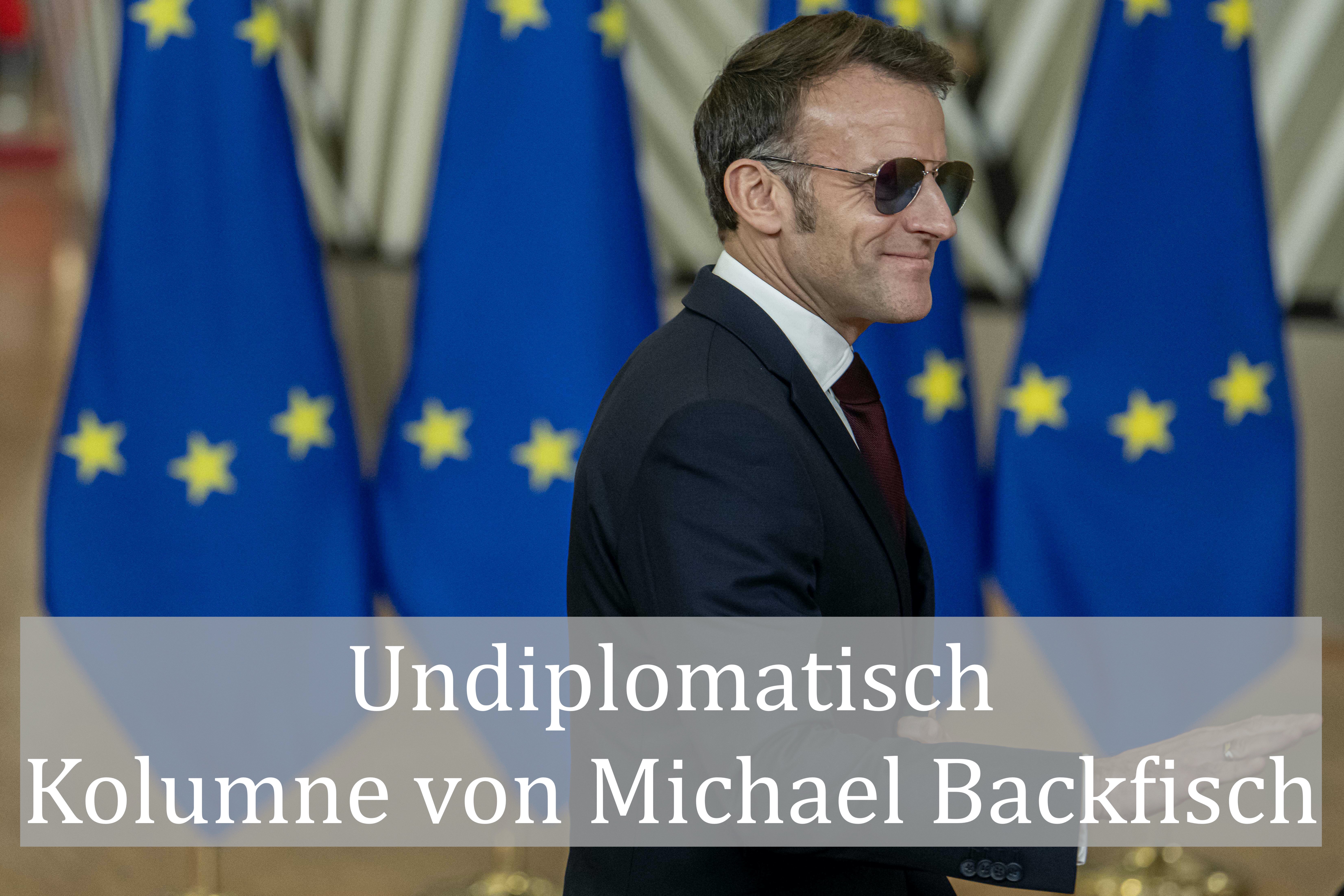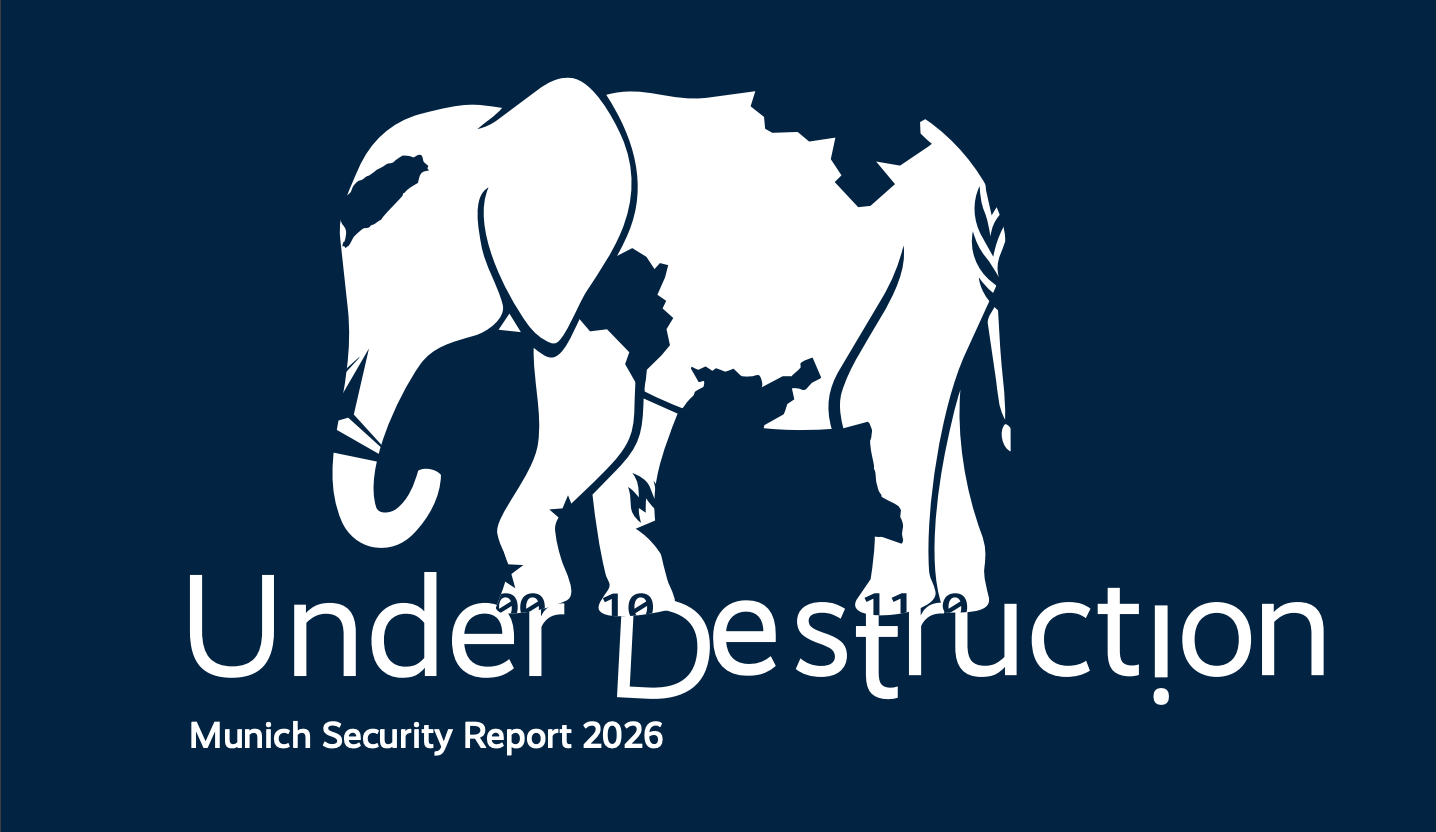diplo.news
The DGAP strengthens its security policy analysis

The chairman of the Defence Committee in the European Parliament, Marie-Agnes Strack-Zimmermann (FDP), has called for tight control of defense spending in Europe and Germany. When so much money is at stake, there is a risk that it will be “wasted,” for example on things that may have been desirable 20 years ago but are now obsolete, said the European politician at the opening of the new Center for Security and Defense of the German Council on Foreign Relations (DGAP) in Berlin. She also hopes that the defense companies will not raise prices in this situation. However, investments in military research would always have a majority for civil security; they could create new jobs, for example. The 27 EU states are now spending record sums on defense, 341 billion euros so far, and this year the sum is expected to rise to 381 billion. In March, the EU approved an armament fund of 150 billion euros.
The new center of the DGAP, one of the most important think tanks in Germany, wants to be a platform for analysis and discussion in view of the changes in security policy. According to Defense Minister Boris Pistorius (SPD) in a video message, he wanted it not only to pool expertise but also provide space for critical debates and new issues. Pistorius had to cancel his originally planned personal participation in favor of a meeting with his new French counterpart Catherine Vautrin in Paris. The center is led by political scientist Patrick Keller, previously working for politics and communication at the Federal Association of German Aerospace Industries and as a speechwriter under Defence Ministers Ursula von der Leyen and Annegret Kramp-Karrenbauer (both CDU). The center's sponsors include Deutsche Bank, SAAB and the arms start-up Helsing. The DGAP also wants to set up a tech cluster in the coming year in order, as Otto Wolff Director Thomas Kleine-Brockhoff emphasized, to be able to better understand the strategic importance of disruptive new technologies.
Ralph Tiesler, President of the Federal Office for Civil Protection and Disaster Assistance, pointed out that internal and external security were now being brought together for the first time in Germany. Military planning would also be inconceivable without civilian responsibility. However, civil protection has a harder time than military forces because, in a federative state such as Germany, it must organise uniform crisis coordination between federal, state and local authorities. This is partly very fragmented because, for example, every mayor must think about which emergency services, shelters or alarm systems he could provide.
When Keller asked what Germany could learn from Ukraine, DGAP expert on Russian military policy, Andras Racz, answered: “We can learn from it that the threat is real.” Russia is reforming its military in a way that points to more or bigger targets than Ukraine. Born in Hungary, he referred in particular to the extremely fast innovation cycles of the Ukraine-Russian. Engineers would be integrated into the fighting troops on both sides. Fiber-optic drones, for example, which appeared on the Battlefield just a year ago, now have a range of 80 kilometers. Size and cost efficiency are also important, he said, as this war is consuming a vast amount of equipment. Ukraine loses several thousand drones every day, and this year it will produce more than 3.7 million. However, not everything can be transferred to Western Armed Forces, partly because of other security standards. For example, arming drones is extremely dangerous; in Ukraine, between 80 and 100 drone pilots are killed or seriously injured by accidental explosions per month. gd




